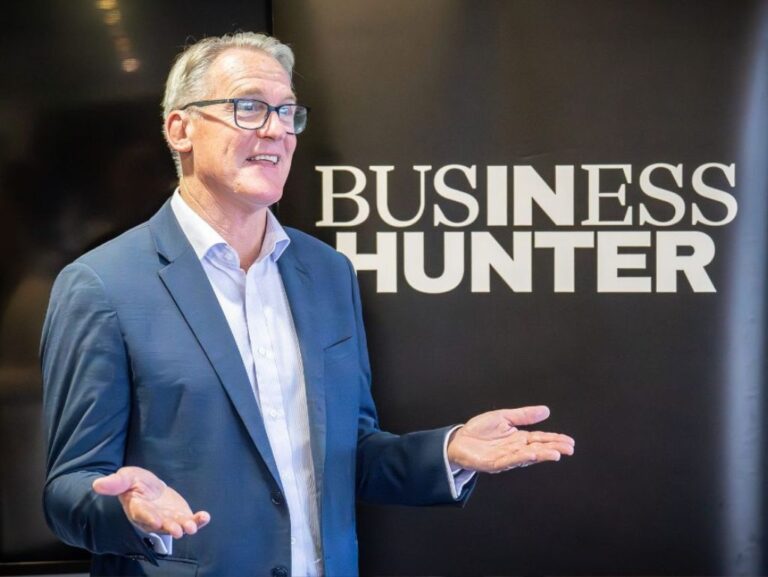Hunter company directors and business people were treated to some great tips on good governance from two Hunter experts at a recent Australian Institute of Company Directors’ (AICD) Hunter Chapter meeting. Good governance is essential to the financial stability and prosperity of your organisation.
Michelle McPherson, Deputy CEO and Company Secretary nib holdings talked about best practice in board meetings. Eileen Doyle, Chairman of Hunter Research Foundation (formerly HVRF) and Hunter Founders Forum and Director of a number of listed companies, took time out of her busy schedule to overview of the role of a board and in particular, the Chairman.
Michelle made the important point that there is no one-size-fits-all approach to running boards and board meetings.
Here are some of the other key points that she raised.
- Directors, not management, are in control of the meeting, agendas and papers.
- Board meetings are significant but not the only venue for board decisions.
- Planning, the orderly conduct of meetings and active participation by all directors are key to successful meetings.
- The timing and number of meetings depends upon the maturity of the organisation and the board.
- Formulas to setting meetings don’t usually work (she suggested a structured schedule approved in advance is the best option).
- Board minutes are “letters to an Unknown Judge”.
- It is vital that boards spend time-up front developing a calendar. It ensures items are discussed at the right time, that time is allowed for preparation work, and that routine work is not overlooked.
- Committees are also best practice and help boards to make more effective decisions by making recommendations determined through further analysis outside of the main board meeting. I was interested to hear that nib, just like The Greater, has recently separated its risk and audit board subcommittees to ensure both areas receive proper attention.
The location of board meetings attracted some discussion. Michelle and Eileen stressed the importance of boards meeting at key operational locations. It can be expensive, so boards need to maximise their time at the venue by conducting safety and environment walks, meeting customers and seeing staff in action. Both agreed such visits really help directors to better understand the business. In camera discussions (non executive directors only) are also important features of a best practice board. Management should not feel threatened by these as they allow directors to be candid and also allow them to be able to ask questions to improve their understanding of the business without having to admit a lack of understanding to management.
A final key point was that boards are in control of the papers. A draft resolution is a key part of a paper. The board must set expectations and direct management to prevent either information overload or a lack of information. She provided an insightful quote from the Centro judgement.
“A board can control the information it receives. If there was an information overload, it could have been prevented. If there was a huge amount of information , then more time may need to be taken to read and understand it.”
Eileen talked about the fact that the board is there to act in the interests of the company. She offered a great way to define those interests. She said these are best reflected in the promotion of long term shareholder value.
Some of her other key points were as follows.
- A board’s emphasis is on strategic direction performance to target, compliance and governance and delegates authority to the Managing Director (MD) or CEO.
- Directors have a responsibility to keep up to date with the role of the director, not the company.
- A CEO or MD is part of two teams. They need the maturity to know they are part of the board but also need to give non executive directors space and time to meet with each other.
- The role of the Chairman is to optimise the performance of the team. A skilful Chair ensures all the issues are brought to surface and that there is equity in discussion. Eileen stressed the importance of the Board looking at the full range of options in a decision.
- A Chair should always move to consensus rather than vote taking.
Her tip for encouraging participation by all directors is to encourage director’s opinions where they know they have strengths. Chairmen should also provide feedback and have discussions with directors formally and informally.





